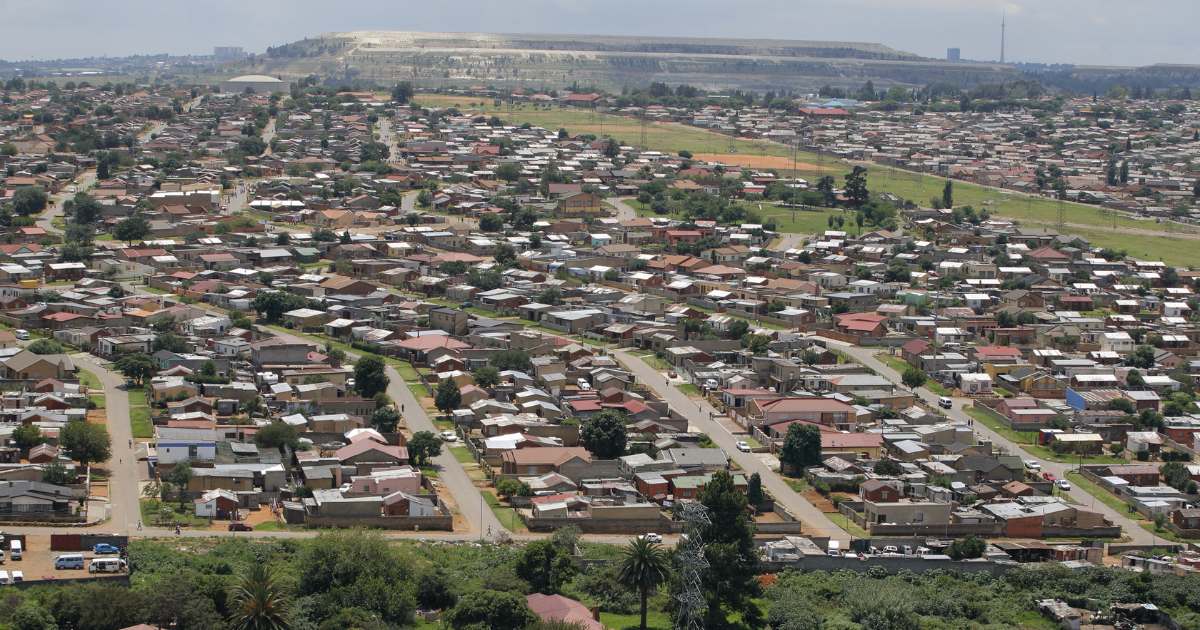
Standard Bank launched its inaugural Township Informal Economy Report on Tuesday, 14 October 2026. The survey and interview-based research is a snapshot of the greater Kasinomics that are a vital part of the South African economy.
The aim behind the report is to gain a deeper understanding of what drives this sector and to ensure that the entrepreneurs who make up the informal sector are supported in reaching their full potential.
What Did The Report Confirm?
One of the common beliefs of the informal sector is that many businesses are not registered. The research confirmed that approximately 80% of surveyed businesses are unregistered, excluding them from finance and formal opportunities.
It also confirms that entrepreneurs have tough competition in a small area, competing with an average of 20 similar businesses.
Interestingly, although cash remains king in the informal economy, more than 56% prefer EFT or bank transfers, indicating readiness for safer digital payments. This market is thus ripe for disruption.
Another point that it confirmed is that almost half of the township economy is run from homes. 49% of businesses operate from homes or garages, with only 11% in commercial premises.
“The insights reflect the lived realities of township entrepreneurs, their resilience, their contribution, and the barriers that hold them back. For us at Standard Bank, it reinforces the importance of strong relationship management: being close to our clients, listening to their needs, and supporting them through every stage of their journey,” adds Naledzani Mosomane, Head of Enterprise and Supplier Development (ESD) at Business & Commercial Banking South Africa, Standard Bank Group.
Despite their undeniable contribution, emerging township entrepreneurs often remain on the margins of formal economic support,” she notes. “For these businesses to thrive, critical needs include marketing support, operational funding, skills training, and improved infrastructure. To unlock their full potential, a roadmap is essential: encouraging gradual formalisation, promoting the separation of personal and business finances, investing in foundational skills training, embracing affordable digital tools, and fostering strategic partnerships and local networks.”
Highlights From the Report
Highlights from the report include information on demographics, location, business profiles and economic impact.
Demographics
Looking at the demographics of the report, the gender of the majority of survey respondents is male (59%). Men usually choose entrepreneurship due to their own ambitions, whereas women (64,1%) begin their entrepreneurial journey as a response to joblessness.
The age group 35–54 dominates the informal economy as business owners. Furthermore, more often than not, the older the SMME is, the more stable its business is.
Location
The report focuses on the five provinces where the township economy is concentrated: Gauteng, KwaZulu-Natal, Limpopo, North West and the Western Cape. It had the following findings:
- Gauteng is the country’s economic hub, home to the largest number of township businesses.
- Western Cape and KwaZulu-Natal are known for their vibrant informal sectors and strong tourism and retail linkages.
- Limpopo and North West represent emerging township economies with growing entrepreneurial activity, despite facing infrastructure and service delivery challenges.
Business Profiles
The informal economy consists of two business profiles: South African SMEs and foreign national SMEs. These two a distinct and can be characterised as follows:
South African SMEs are typically characterised by a traditional, reactive, and inward-focused mindset. While deeply embedded in their communities and prioritising immediate local needs, they often exhibit a cautious approach to change and a reliance on familiar methods. This is visible as follows:
- They tend to be set in their ways.
- Strong understanding of current community needs.
- Often lack a broader, strategic perspective to anticipate future market trends.
- Transactionally focused
Foreign business profiles, on the other hand, are more willing to take risks when it comes to exploring new opportunities. Their characteristics are defined as follows:
- Has strong support networks
- Has customer-centric innovation and anticipates needs
- Drives consumer behaviours by introducing new products
Economic Impact
The informal economy is well-represented by all sectors. The top three sectors that dominate the industry are retail, transport, and hospitality.
A substantial number of businesses have experienced growth, followed either by stagnation or decline. This is cited to be caused by intense competition and a lack of resources.
Furthermore, the township’s informal economy is a major contributor to employment. In this study, the sample size of 250 SMEs has contributed directly to over 7 500 jobs.
Needs for Entrepreneurs in the Township Informal Economy
Based on the report findings, the SMEs operating in the township economy need support in the following areas:
- Marketing support (63%) to improve visibility and customer acquisition.
- Funding for operations (40%), especially for stock and equipment.
- Skills training (38%) in areas such as financial literacy, digital tools, and business management.
- Infrastructure (37%), including secure premises, electricity, and Internet access.
The report empowers township entrepreneurs through understanding their own environment on a deeper level, pointing to strengths and weaknesses whereon they can improve.
Furthermore, it provides Standard Bank and other stakeholders with deeper insight into who these entrepreneurs are and what their needs are.






